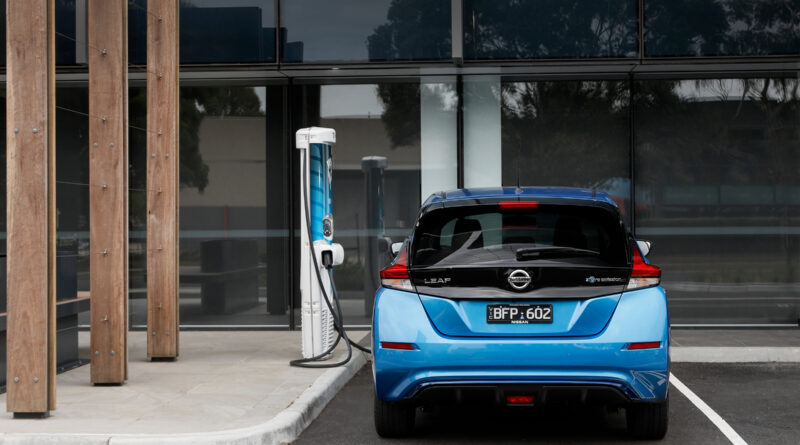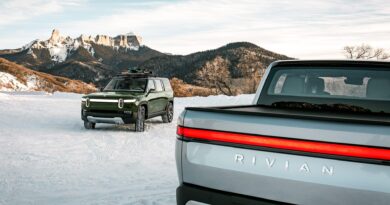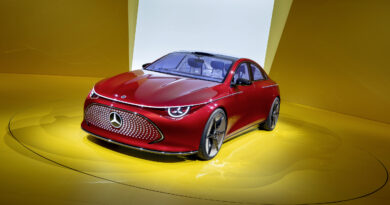$1200-plus stamp duty savings for proposed NSW EV incentives
The NSW government has flagged incentives on electric vehicles and all but discounted road user taxes on EVs for years.
Speaking to the Sydney Morning Herald, NSW Transport Minister Andrew Constance has highlighted waiving stamp duty and allowing access to transit lanes for drivers of EVs.
He also proposed subsidising car parks that provided EV charging stations, something that could add to the appeal of buying an electric car.
Constance said Australia risked making itself “the laughing stock of the world” if EV taxes were introduced too soon, as Victoria is proposing, before later announcing it would subsidise purchases of new lower-priced EVs by $3000; Victoria’s controversial 2.5c/km road user charge – dubbed the “worst EV policy in the world” – is being debated in parliament.
Want the latest EV news and reviews delivered to your inbox? Subscribe to our weekly newsletter!
“We can’t just go down this path of ‘oh we’re going to lose fuel excise, let’s put in a road-user charge,’” Constance told the SMH. “No, we urgently need scale and therefore we need to have the market change and that comes back to basic economics really.”
Constance reportedly said an EV tax should not be introduced until electric cars accounted for 40 or 50 percent of new car sales, which even the most optimistic believe could take a decade or more. But perhaps the Transport Minister is hoping EV take-up will happen far quicker, later telling the SMH that EV taxes should be four or five years away as a minimum.
Either way, action is happening – and it’s those who spend more time on the road that could be key to the shift in EV sentiment.
Constance highlighted governments and fleets as crucial to the uptake of EVs by providing a steady stream of used electric cars within a few years.
EVs should theoretically be popular on the used-car market due to lower running costs and the longevity of electric motors. Some buyers – including those in country areas – may also be drawn to EVs with bi-directional charging capability, which could allow them to power their house from the car.
While details haven’t been released by the NSW government yet, NSW Treasurer Dominic Perrottet has previously said he is “working on a holistic package to announce in the budget”, which is due in June.
But it seems certain savings are on the way for EV buyers in NSW.
Waiving stamp duty would save buyers between about $1200 on the MG ZS EV – currently Australia’s most affordable EV – and up to $18,000 on a Porsche Taycan, the fastest and most expensive EV in Australia.
Allowing EV drivers to use transit lanes – which vaguely mimics policies that have been used in places such as California and Norway – could be enough to convince people to splash out more for an EV considering the traffic snarls that regularly slow Sydney-siders.
And parking subsidies could also act as an interesting incentive, although what form they will take has not been disclosed; the NSW government may provide incentives for carpark operators to install EV charging stations or there could be direct subsidies to drivers for parking stations with infrastructure already installed.
Unsurprisingly the Electric Vehicle Council welcomed the comments from the NSW Transport Minister, saying the right policies “would create a boom in EV sales”.
“At this point in time the public interest is going to be much better served by rapid electric vehicle uptake than by skimming a little extra tax from the few EVs that are already registered,” said EV Council chief executive Behyad Jafari in a statement.
“The transition to electric cars will clean our streets of exhaust and noise, lowering health costs, reducing carbon emissions, and helping break the state’s dependence on foreign oil. This will represent billions of dollars in economic benefit.”
While strongly opposed to EV-specific taxes as electrification starts to ramp up, Jafari concedes electric vehicles must ultimately pay their way.
“Once the state starts capturing the benefits from fleet electrification, that would be the perfect time to start introducing smart road user charges,” he said.




